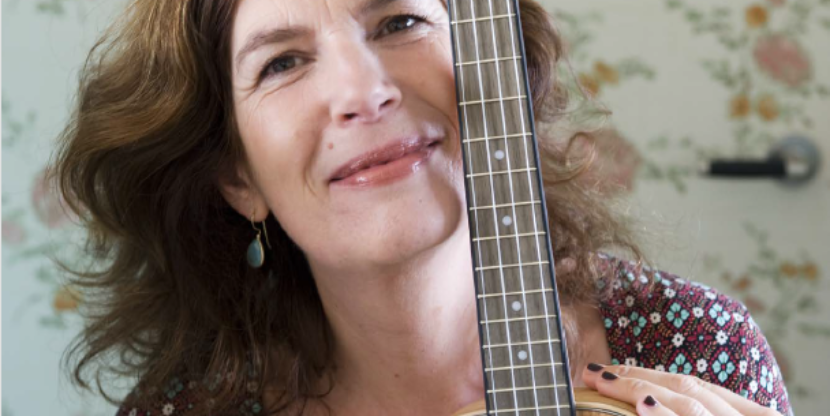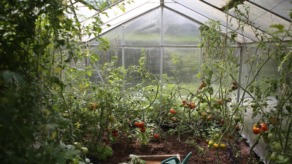Learning something new

Learning something new is good for your brain, so journalist Caroline Buijs dove head first into learning the ukelele, the guitar’s little sister.
“Learning something new is good for you,” neuropsychologist Margriet Sitskoorn tells me over the phone. “Many people think that the brain is static, but that’s not true. It’s actually dynamic or, as we say, neuroplastic. Our brain is constantly growing new cells and creating connections between them, and that happens even more so when you learn or do something new.”
The new networks originate particularly in the prefrontal cortex. That area, Sitskoorn explains, is extremely important in today’s world. “Nowadays we get so much stimulation,” she says. “Think about all of the notifications on your phone and all of the emails that flood in. The prefrontal cortex regulates your emotions, your thoughts and your actions.







